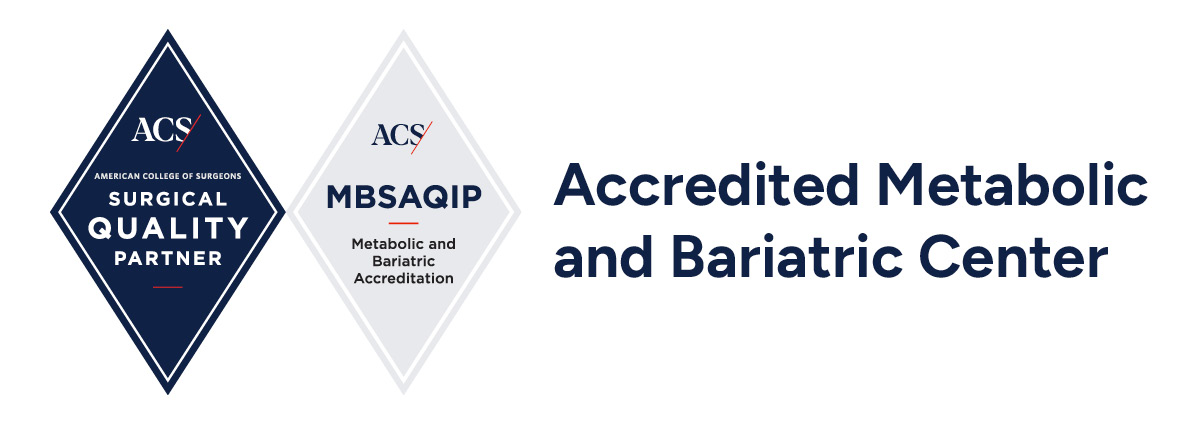-
Locations
Location Type
Hospitals & Multispecialty Centers
-
Patients & Visitors
- Yale New Haven Health
- Bridgeport Hospital
- Yale New Haven Children's Hospital
- Greenwich Hospital
- Lawrence + Memorial Hospital
- Yale New Haven Psychiatric Hospital
- Smilow Cancer Hospital
- Yale New Haven Health Urgent Care
- Westerly Hospital
- Yale New Haven Hospital
- Clinical Affiliates
- Northeast Medical Group





.ashx)
